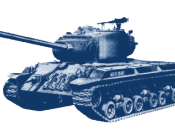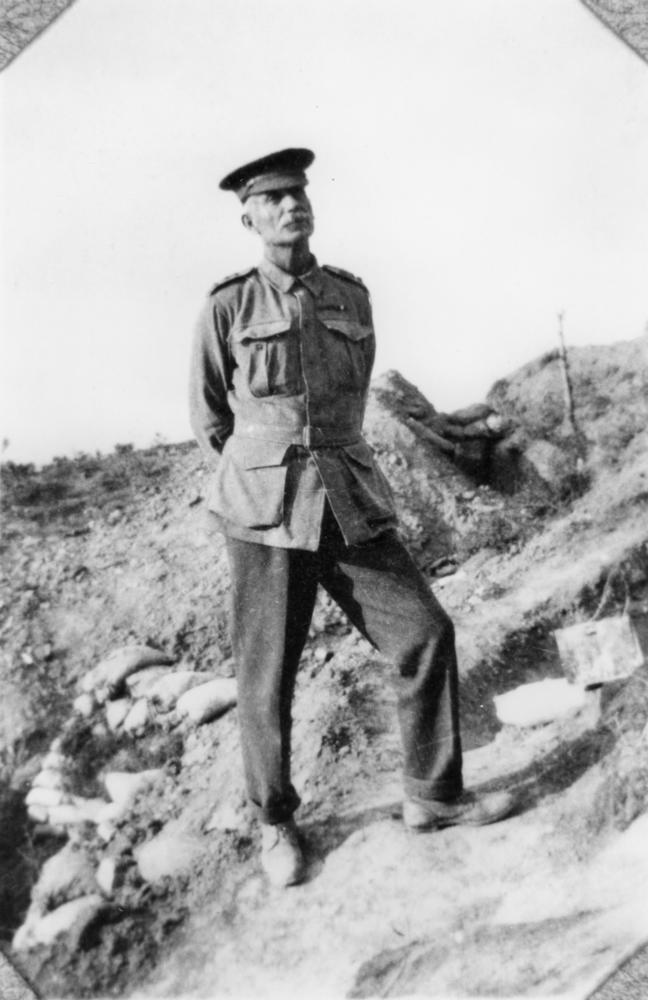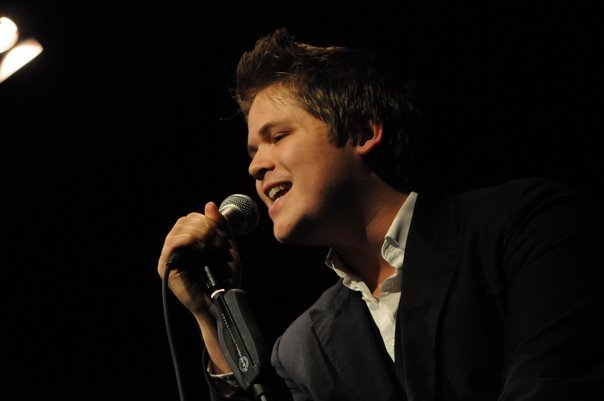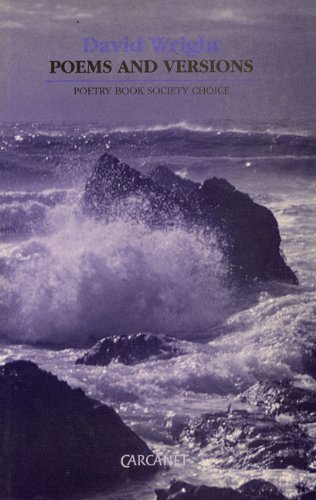Do you look for 'judith wright essay wedding photograph and old prison'? Here you can find the questions and answers on the subject.
Table of contents
- Judith wright essay wedding photograph and old prison in 2021
- Judith wright essay wedding photograph and old prison 02
- Judith wright essay wedding photograph and old prison 03
- Judith wright essay wedding photograph and old prison 04
- Judith wright essay wedding photograph and old prison 05
- Judith wright essay wedding photograph and old prison 06
- Judith wright essay wedding photograph and old prison 07
- Judith wright essay wedding photograph and old prison 08
Judith wright essay wedding photograph and old prison in 2021
 This picture shows judith wright essay wedding photograph and old prison.
This picture shows judith wright essay wedding photograph and old prison.
Judith wright essay wedding photograph and old prison 02
 This image representes Judith wright essay wedding photograph and old prison 02.
This image representes Judith wright essay wedding photograph and old prison 02.
Judith wright essay wedding photograph and old prison 03
 This image demonstrates Judith wright essay wedding photograph and old prison 03.
This image demonstrates Judith wright essay wedding photograph and old prison 03.
Judith wright essay wedding photograph and old prison 04
 This picture illustrates Judith wright essay wedding photograph and old prison 04.
This picture illustrates Judith wright essay wedding photograph and old prison 04.
Judith wright essay wedding photograph and old prison 05
 This picture shows Judith wright essay wedding photograph and old prison 05.
This picture shows Judith wright essay wedding photograph and old prison 05.
Judith wright essay wedding photograph and old prison 06
 This image shows Judith wright essay wedding photograph and old prison 06.
This image shows Judith wright essay wedding photograph and old prison 06.
Judith wright essay wedding photograph and old prison 07
 This picture demonstrates Judith wright essay wedding photograph and old prison 07.
This picture demonstrates Judith wright essay wedding photograph and old prison 07.
Judith wright essay wedding photograph and old prison 08
 This picture shows Judith wright essay wedding photograph and old prison 08.
This picture shows Judith wright essay wedding photograph and old prison 08.
Who is Judith Wright in where I'm going?
Judith Wright’s character is equally connected to nature, which is elucidated as she personally addresses the landscape, “I’m tired now, summers, / of cutting you back to size. / Where I’m going you will be more succinct”.
What kind of poems does Judith Wright write?
Wright writes poems that expand further than just love, she wrote poems expressing the issues that deal with the spiritual and cultural fracture. Her views of the disintegrating culture and the physical environment surrounding her world are portrayed through the various techniques.
What kind of imagery does Judith Wright use?
Judith Wright uses alliteration, tone, imagery and symbolism to convey the intimate and passionate nature of the woman’s perspective in her poem. Disclaimer: This work has been submitted by a student.
How many stanzas are in woman to man by Judith Wright?
It is a four stanza poem with each stanza talking about the different stages of pregnancy and the creation of a child; from an embryo to the birth. Judith Wright uses alliteration, tone, imagery and symbolism to convey the intimate and passionate nature of the woman’s perspective in her poem.
Last Update: Oct 2021